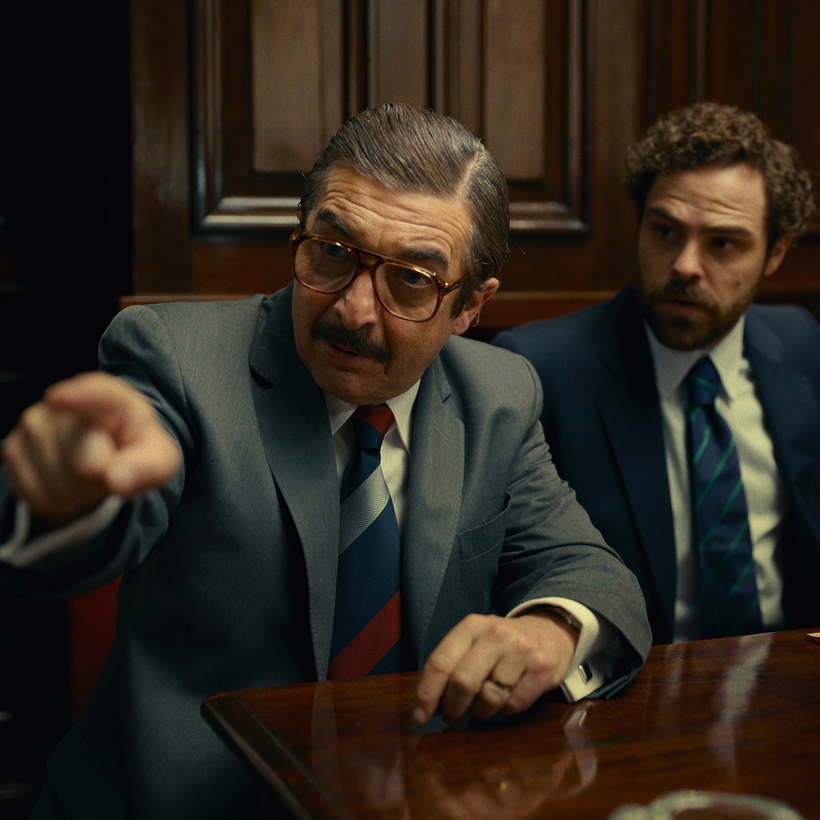The 1960s and 1970s were the golden age of Latin-American military dictatorships, an era when “disappeared” first became a transitive verb. Murderous regimes in Paraguay, Brazil, Chile, Argentina, and Uruguay set a benchmark for Western-hemisphere Fascism that has yet to be met, Proud Boys’ and Steve Bannon’s efforts notwithstanding.
The architects of that dark era mostly sailed off into comfortable retirements, some in Florida. But not all evaded justice. Argentina, 1985, a nominee for the Academy Award for Best International Feature Film, was inspired by the unlikely true story of a state prosecutor, Julio César Strassera, who, with a young, inexperienced legal team, managed to win murder and kidnapping convictions against nine members of Argentina’s military dictatorship known as “the juntas.”

Director Santiago Mitre was four years old during the 1985 trial. In an interview, he said he was moved by rising right-wing-extremist movements around the world. “There are many people in society, and many teenagers, embracing right-wing speeches and anti-democratic movements. It’s something that scares me a lot,” he said. “I tried to focus attention on this young team that Strassera assembled. That is a strong political image to bring to light these days, young people fighting for what is right.”
In the real trial, more than 800 survivors testified. The film showcases only a few, including one woman who gave harrowing testimony of giving birth on the floor of a car driven by armed men who didn’t offer any assistance but placed the newborn naked on cold marble while questioning the mother.

Veteran Argentinean actor Ricardo Darín plays Strassera, a chain-smoking reluctant hero facing death threats along with his family throughout the months-long proceeding. Darín was in his mid-20s during the trial. Like Mitre, his interest was at least as political as it was artistic. “Sometimes we think that our individual effort is worth very little, and that’s a mistake,” he said. “The individual example is much more important now than ever because Internet networks can propagate news, a phrase, an attitude, an idea, with such speed.”
Director and star worked hard to identify and convey the peculiar qualities that enabled Strassera to become the only man in the era of the juntas to win a modicum of justice. The movie posits that, in late middle age, Strassera was wracked with guilt over the fact that, despite his position in the legal system of Argentina, he had been helpless to stop the extrajudicial murder and torture spree in which at least 9,000 civilians were “disappeared,” many, it turned out, tossed from helicopters into the Atlantic Ocean.
“He was a very honest man, a very brave man, and weird man,” Mitre said. “He knew what he needed to do and what was correct. I mean, it’s a lot more complex than that, and I cannot say it in one word. It takes an unusual character. Yeah, and a little bit crazy.”
Argentina, 1985 is available for streaming on Amazon Prime Video
Nina Burleigh is a documentary producer and the author of seven books, including The Trump Women: Part of the Deal and Virus

